Introducing Kortext stream
Kortext stream is the leading student engagement analytics platform, equipping staff with insights and tools to deliver proactive, personalized support that helps students achieve their full potential.
What people love about Kortext stream
Student engagement
Get a clear view of each student’s academic engagement—stream is the only platform that codifies engagement based on educationally purposeful activity. Gain insights to identify students in need and provide proactive support to help them.
Attrition & retention
Predict and identify with up to 90 percent accuracy which students are at risk of withdrawal. Our proven algorithm helps boost retention and increase financial stability by spotting low engagement early and enabling timely support interventions.
Student wellbeing
Create a campus where every student feels supported. Early intervention is key to student mental health. By providing alerts, stream notifies staff of at-risk students in near real time, enabling them to offer personalized support when it’s needed most.
Intuitive
Student and staff dashboards simplify engagement data.
Holistic
Get a clear view of each student’s academic engagement.
Unique
Our powerful algorithm codifies student engagement data.
Up to date
See which students are currently at greater risk of withdrawal.
Actionable
Automated notifications alert to changes in engagement.
Cost effective
Strengthen your institution’s financial health and sustainability.
International
Support your international student community with custom filters.
Features that redefine digitally enhanced education
Take a look at some of the features of our student engagement analytics platform for higher education.
Want to learn more? Contact us to explore the full range.

Ready to introduce Kortext stream at your institution?

Discover how Kortext stream supports student experience.

Pioneering digital education since 2013
In just over a decade, we’ve grown our offering to ten market-leading platforms serving students, faculty, librarians, publishers, and institutions.
Don’t just take our word for it—become one of over three million users optimizing their learning using Kortext.
Create a free account today and discover a new way of experiencing your content.
Trusted by globally respected universities
Let’s talk about what’s possible
Ready to explore further? Fill out the form today, and a member of our team will reach out to schedule a call.
We can’t wait to show you how Kortext can enhance digital learning, teaching and student engagement at your institution.
Looking for more solutions? Explore all that Kortext has to offer on our platforms page.







